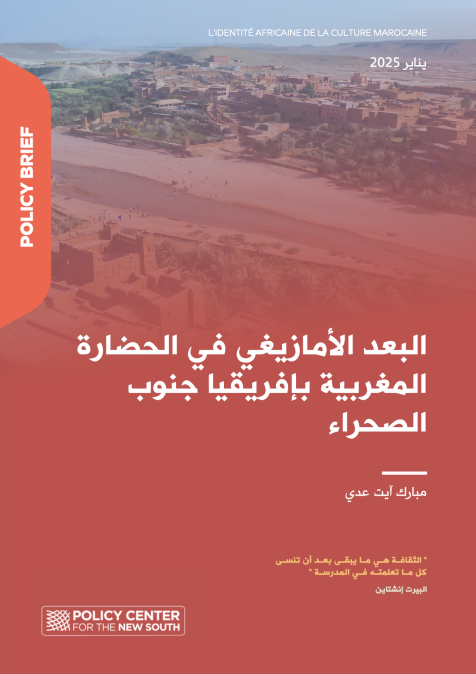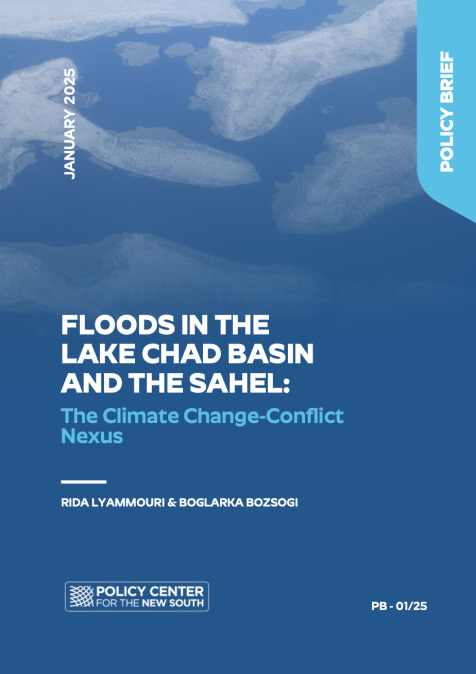The Policy Center for the New South (PCNS), the Islamic World Educational, Scientific and Cultural Organization (ICESCO) and the Prince Mohammad Bin Fahd University are co-organizing “the State of Foresight Studies in the World” conference and workshop sessions on May 26 and 27, 2023 at Mohammed VI Polytechnic University in Rabat.
The world is undergoing a major demographic boom. Projections state that global population will reach 9.7 billion people in 2050, with population growth almost coming to an end at 10.4 billion in 2100 . This growth represents a considerable heavy trend that requires different actors and stakeholders to think about the future strategically. Indeed, the global landscape is becoming increasingly complex and dynamic, exposing decision-makers to a remarkably higher level of uncertainty and complexity. With this context in mind, it is crucial for all actors within the international community to emphasize on the importance of anticipating and understanding change in order to ensure proper policy implementation through strategic decision-making.
This conference will rely on an inclusive and participatory approach, in order to involve the largest number of Foresight centers and institutes across the world. This initiative will include a High-level conference during the first day, as well as workshop sessions during the second day, to discuss in depth the state of Foresight studies in the world, alongside networking sessions.






